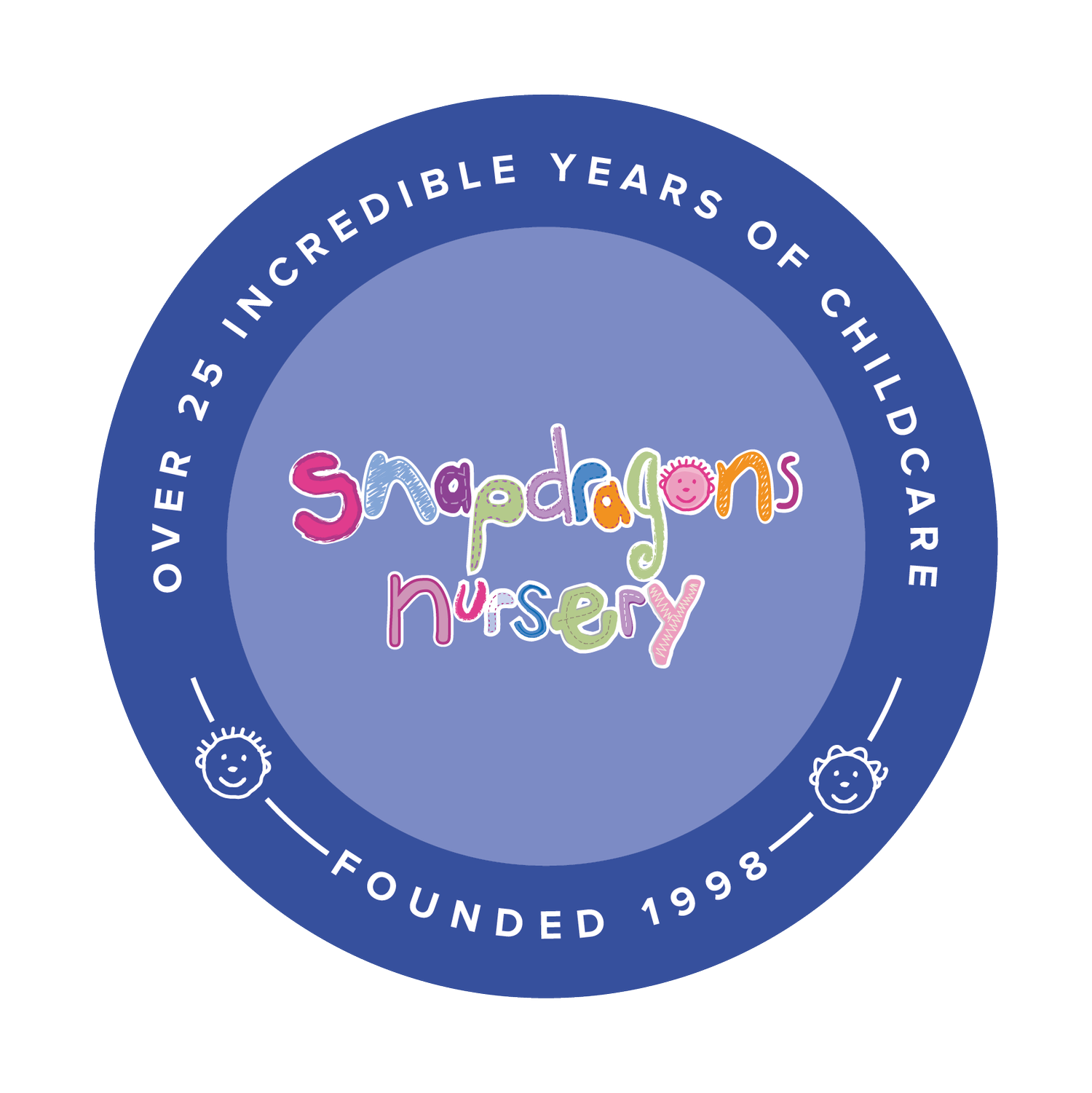Your prejudice, their fear
Think back to your childhood…..some of us have to turn back the clock a bit further than others! Who had the biggest impact on your life? A family member, a teacher, a neighbour, a friend…? Most of us can recall the people who loomed large in our childhood and in many cases helped to form who we are today.
Most of us can recall the people who loomed large in our childhood
Many skills were taught to you by these influential adults in your life. Think of all the things you learned as a child such as potty training, riding a bike, tying your shoelaces, reading and writing. Someone taught you all those things.
Now, what about all those things you picked up along the way that you weren’t even aware you were learning? Some of which have also greatly contributed to who you are now as an adult.
Think of your confidence, attitude, language, likes, dislikes and fears. Were these directly taught or simply picked up without realising, absorbed into your growing mind?
“imagine a spider….a big, fat, hairy beast of a thing”
Now, imagine a spider….a big, fat, hairy beast of a thing. If there was one next to you now, staring up at you with its beady eyes, would you:
a) Stamp on it
b) Scream and call someone else to deal with it
c) Pick it up carefully and pop it outside.
It is possible that your preferred reaction was influenced way back in the midsts of time in your childhood years. What did you see your parent do when faced with a spider? Did you learn to do the same?
What if as children we had not developed such fear and dislike, supported through the positive influence and example of those around us
But what if as children we had not developed such fear and dislike, supported through the positive influence and example of those around us. Children’s fascination and respect for all living creatures can be encouraged and learned. They could be the next Chris Packham or David Attenborough!
How adults behave around children can have a big impact on many aspects of life. Your attitude and habits around food, whether healthy or unhealthy, may well have been rooted in your childhood mealtimes and what you saw and heard from your parents. If we voice disgust over certain foods whether through what we say or our facial expressions and body language, we will have a big impact on our children’s attitudes which may stay with them long term.
Your attitude and habits around food, whether healthy or unhealthy, may well have been rooted in your childhood
Extend this concept to how we respond to children’s emotions and the impact not just on their development but on their future mental health, and it really opens up the responsibility we all have as adults to be aware of the effect of our actions.
If a little boy is always told to stop crying like a girl or a girl is told to stop being a baby, and learns instead to suppress their feelings, what impact could this have on their ability to express themselves emotionally and form healthy relationships as adults? And what does that teach children about gender stereotypes if adults convey that boys must be strong and girls are always crying?
“Children are like little sponges”
Children are like little sponges; they soak up everything around them and create a view of the world and how to relate to it. Therefore, as adults we have the power to influence their development in a profound way to set them up to lead positive, fulfilling lives.



